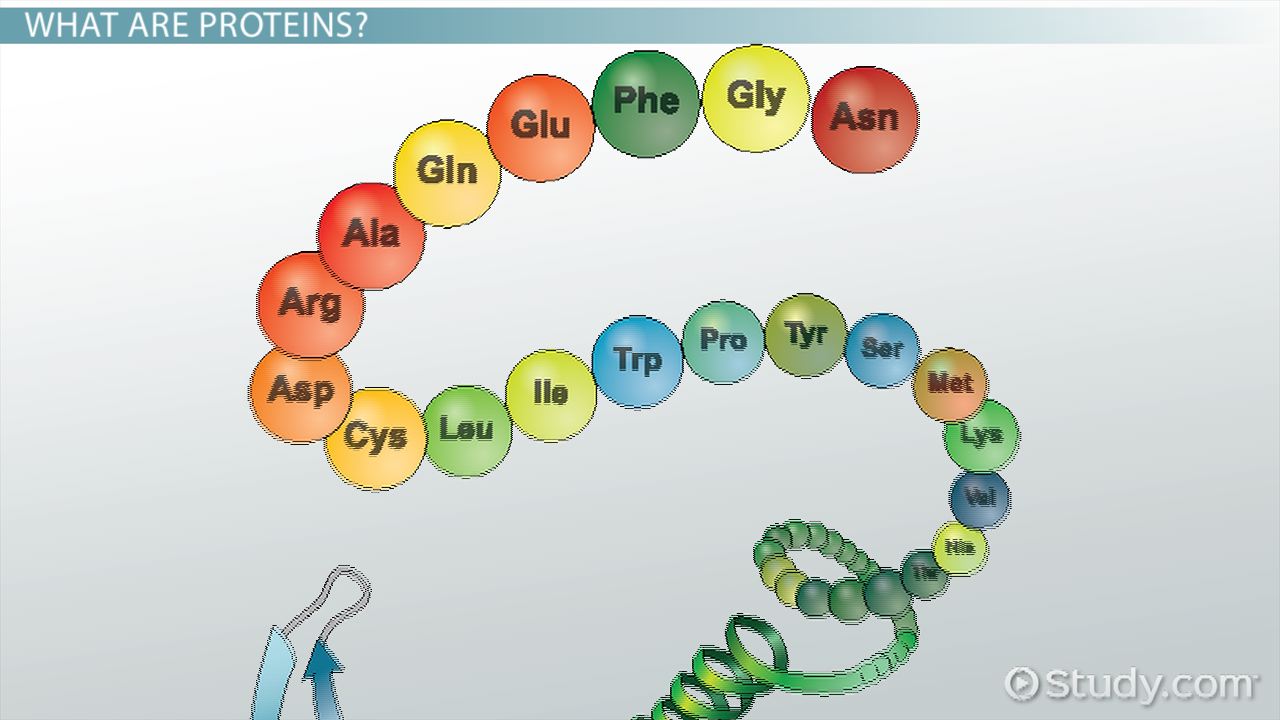Peptides are molecules composed of Amino Acids joined together by peptide bonds, thus the name. These may be found throughout the natural world, and some of them, like collagen and creatine, are rather popular among supplement users.
Many investigations and clinical trials have shown that certain peptides offer tremendous therapeutic promise for treating specific medical disorders. This might be anything from a lack of growth hormone to healing after an injury.

Remember that the positive benefits may vary depending on the peptide used. Body Protection Compound 157 (BPC 157) and a substance like human growth hormone (HGH) have distinct Amino Acid sequences; hence, their effects differ.
Many regular researchers use peptides, too, like the ones used by bodybuilders to speed up their muscle- and fat-building and injury-healing processes. Even though most peptides are on the World Anti-Doping Agency’s list of prohibited substances, they are nonetheless widely available for purchase as research chemicals on the internet.
Also distinct from proteins are peptides. While both have their origins in amino acids—the building blocks of life—their pharmacokinetic profiles couldn’t be more different.
What is the function of research peptides?
Scientists have produced numerous peptides with unique sequences of amino acids. This implies they will have substantial structural differences, leading to different medicinal applications.
Human growth hormone (HGH) is being studied as a potential treatment for overweight subjects. The increased Glucagon and Lipase levels caused by HGH cause fat to be released from Adipocytes (fat cells) and into circulation. This becomes far more efficient when used in the Beta Oxidation procedure.
Since human chorionic Gonadotropin (HCG) increases luteinizing hormone levels in the body, it is utilized as a Testosterone treatment. As a result, testosterone levels will skyrocket.
While it’s true that “Peptides can do this and that,” you should remember that there is a wide range of peptides, each with its unique set of properties. Experts developed these chemicals to target specific receptors in the body. Peptide research is a burgeoning industry, and as the health advantages of peptides become more widely known, more researchers stand to gain from them.
Pros of Using Peptides for Scientific Study?
After establishing that peptides occur in nature and can also be synthesized artificially, we may go on to explore how certain combinations of Amino Acids in chains may provide beneficial effects. For the time being, we will focus on the following three criteria:
Muscle Development
Everyone on Earth, not just bulky bodybuilders, may benefit from lifting weights and increasing their muscular mass. The role of body composition in predicting life satisfaction has grown in recent years.
Peptides, including IGF-1 (Insulin-like Growth Factor 1), MGF (Mechanical Growth Factor), HGH, CJC-1295, and others, have been demonstrated to influence muscle protein synthesis (MPS). Increasing muscle protein synthesis (MPS) is the same as increasing muscle mass, provided the user consumes enough protein and carbs.
Weightloss
Most of the world’s problems stem from over 30 percent of the global population being overweight or obese. This is a shocking statistic, and things will only get worse here. Since obesity is associated with many other health issues, the development of medicines to combat it has exploded in recent years.
Peptides may be helpful as a therapeutic option. Human growth hormone (HGH), HGH fragment (HGH F), CJC 1295, and Melanotan II are all peptides found to aid in fat reduction. Although subjects in clinical trials had excellent results, not all peptides have been approved by the FDA.
Healing from an Injury
Injuries are an inevitable part of becoming older. Although we cannot prevent this, we can ensure the best possible care is provided. In addition to the obvious benefits of resistance training and a diet high in nutritious foods, research has revealed that a select group of molecules called peptides may stimulate the growth of particular types of cells.
BPC-157 and Thymosin Beta-4 (TB-500) are the most often used peptides for this purpose. The former is a potent anti-inflammatory molecule, while the latter is known to promote Angiogenesis (the development of new blood vessels).
If you are looking for more information about this topic, check this website.



